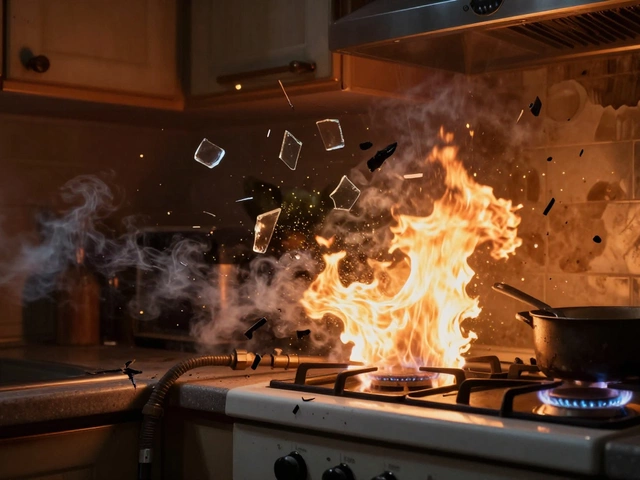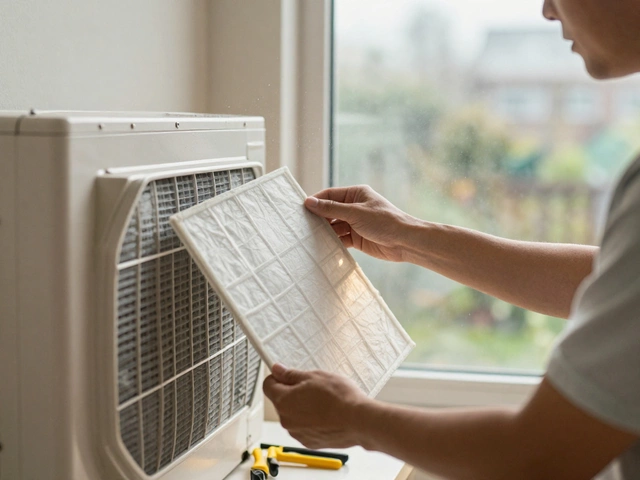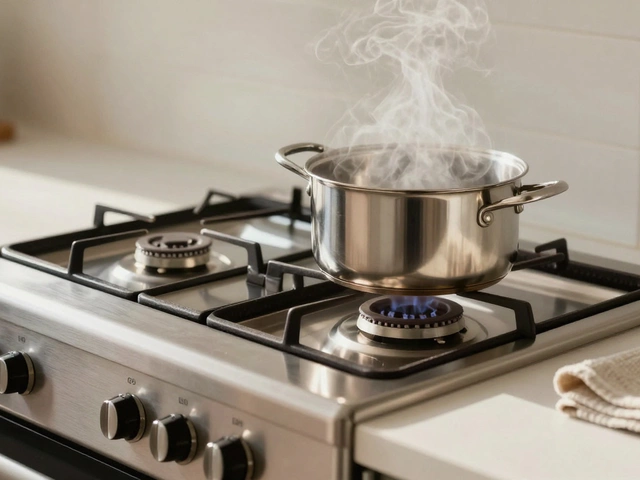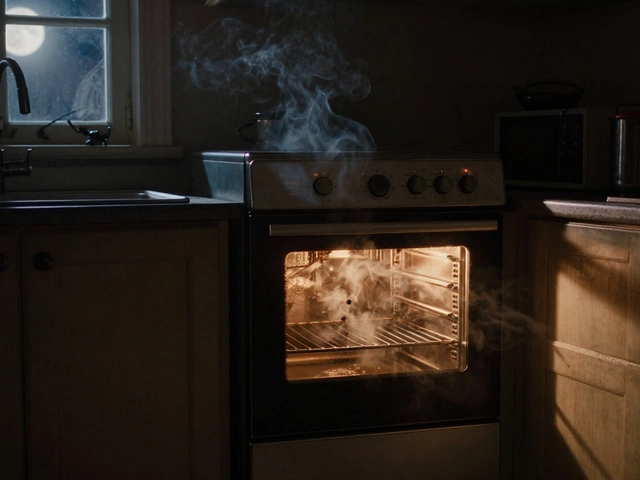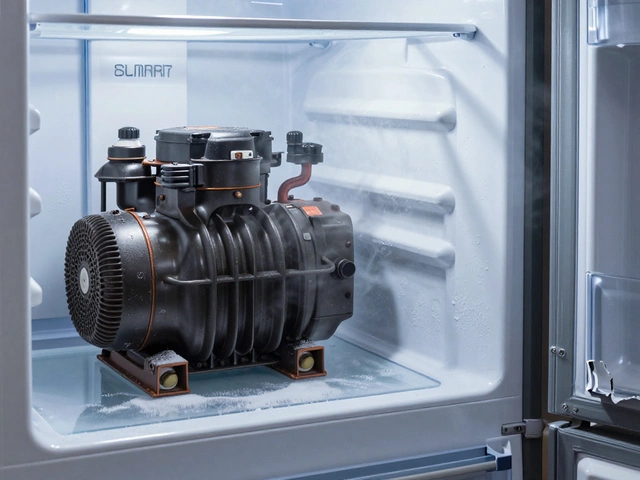Cost-Effective Heating Made Easy
Paying too much for heat? You don’t need a massive overhaul to lower those bills. A few simple habits and a bit of maintenance can keep your home warm while keeping your wallet happy. Below are the most useful tricks for boilers, water heaters, and everyday heating that anyone can follow.
Boiler Basics: Small Changes, Big Savings
First, think about your boiler as the heart of your heating system. If it’s not healthy, every room feels colder and the meter spins faster. Here’s what you can do:
- Annual service. A professional check‑up costs a fraction of a repair bill. Technicians clean the heat exchanger, test safety controls, and tighten loose parts. The result? Better efficiency and fewer emergency calls.
- Bleed radiators. Air trapped inside blocks heat flow. Grab a radiator key, open the valve a little, and let the hissing stop. Warm rooms appear faster, so your boiler doesn’t have to work overtime.
- Set the thermostat right. Cranking it up just a degree or two costs more than you think. Aim for 18‑20 °C when you’re home, lower it at night or when you’re out, and use a programmable thermostat to automate the change.
- Insulate pipes. Uninsulated pipes lose heat before the water even reaches the tap. Foam pipe sleeves are cheap and easy to install, cutting waste by up to 10 %.
These steps take minutes or a small service fee, but they can shave £50‑£150 off your annual heating bill.
Water Heater Hacks to Lower Your Bill
Your water heater works around the clock, so any inefficiency hits your energy bill hard. Try these no‑nonsense fixes:
- Check the reset button. If you keep hitting it, the heater might be overheating due to a faulty thermostat or sediment buildup. A quick flush of the tank (drain a few gallons, let it refill) often resolves the issue.
- Turn down the temperature. 60 °C (140 °F) is hot enough for most homes. Anything higher wastes energy and can cause scalds.
- Insulate the tank. Pre‑cut insulation blankets are cheap and can improve efficiency by up to 15 %.
- Upgrade to a modern unit. If your heater is over 10‑12 years old, the efficiency gap widens. A newer gas or heat‑pump model can pay for itself in 2‑3 years through lower running costs.
Even if you keep your old heater, regular flushing and temperature tweaks can stretch its life and keep bills down.
Finally, remember that the biggest savings often come from habit changes. Close doors to rooms you’re not using, use curtains to keep heat in, and consider a smart plug for your electric space heater so it turns off automatically.
Stick to these tips, and you’ll notice a cooler bank balance before the next winter hits. Heating doesn’t have to be a budget monster—just a few smart moves away from affordability.
Is it Worth Repairing a Boiler?
- Alden Wilder
- Feb 20 2025
- 0 Comments
Deciding whether to repair or replace a boiler can be tricky. This article explores the key considerations, including age, efficiency, and cost of repairs, to help homeowners make informed decisions. It sheds light on common boiler issues, the lifespan of typical systems, and when a repair could be just a quick fix versus when replacement might be the wiser investment. Practical tips and interesting facts are provided to navigate boiler troubles with confidence. By understanding the functioning and frequent challenges of boilers, you can ensure warmth all winter without breaking the bank.
View More
